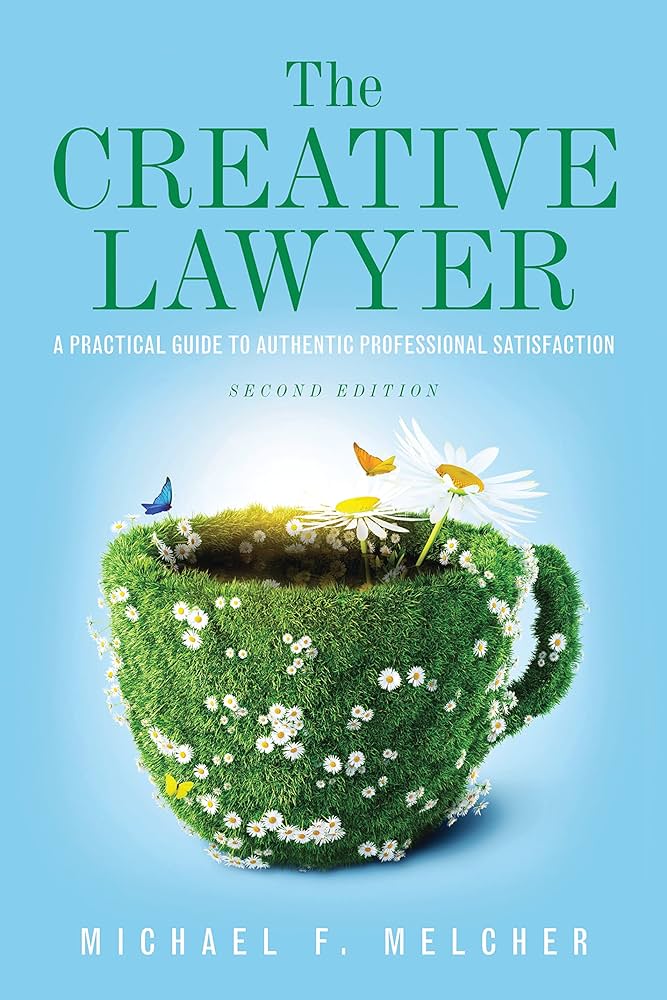
How to Make a Career Change as a Lawyer
Introduction
Many lawyers feel stuck in their careers, especially after specializing in a particular field. However, changing careers can seem challenging, and often, the question of “how to start” stops them from making any progress. Rob Chesnut, former general counsel, shares his story and tips for lawyers seeking to make a big change in their careers.
The Benefits of Changing Career Paths
Rob Chesnut shares his experience of being a prosecutor and then transitioning to other fields, starting as one of eBay’s first lawyers and ultimately becoming Airbnb’s chief ethics officer. Chesnut emphasizes that changing career paths can keep a lawyer fresh and open to learning new skills. Furthermore, varied experiences and knowledge can be useful when seeking new career opportunities.
Curiosity and Learning
Chesnut believes that successful people share a natural desire to learn new things. Being curious, according to Chesnut, played a big part in his career change. In his case, taking a photography class was the starting point, which led him to learning more about internet ecommerce and eventually getting a job with eBay. Similarly, learning about new areas of law helped his friend shift from being a personal injury lawyer to setting up one of the largest business immigration law firms in the country. Keeping an open mind, practicing active listening, and exploring new subjects can help lawyers learn about new fields of law and identify potential areas of interest.
Reinventing the Résumé
In today’s job market, it is essential to make your résumé stand out. Highlighting relevant experience and demonstrating a deep understanding of a company’s business can set a candidate apart. Being a customer of a business before applying for a job can demonstrate a strong understanding of the business dynamics and highlight a candidate’s passion for the company’s mission. Chesnut shared his experience of being an avid eBay user before getting a job with the company. This experience helped his résumé stand out from the pool of candidates. Similarly, his experience of being a customer of Airbnb and experiencing the company’s services firsthand helped him prepare for his role at the company.
Emphasizing Transferable Skills
Lawyers have transferable skills that can be relevant for many different types of jobs outside of the legal field. Chesnut shared his experience of using the skills he developed as a prosecutor to be a strong candidate for the eBay role. Lawyers are skilled negotiators, persuasive communicators, and have experience analyzing complex legal documents and data. These transferable skills can be useful in many different industries. Chesnut believes that framing transferable skills in a way that highlights their uniqueness and value to the company can help lawyers transition to new careers.
Expect Rejection
Changing careers is a challenging process. Expecting rejections is crucial because it can be discouraging to send out job applications and not receive any response or receive rejection letters. In Chesnut’s case, he applied to over 100 companies before finally being hired by eBay. Being resilient, open to feedback, and not taking rejection personally can help lawyers persevere through the process and find a new career path.
Conclusion
Changing careers can seem daunting, but by being curious, staying open to learning new skills, emphasizing transferable skills, and persevering through the application process, lawyers can successfully transition to new careers. Chesnut encourages lawyers to explore different fields, learn from their experiences, and not be afraid to take risks and make changes.
Originally Post From https://news.bloomberglaw.com/us-law-week/lawyers-can-make-big-career-jumps-by-tapping-creativity-resolve
Read more about this topic at
5 Tips for Changing Careers – Harvard Extension School
How To Change Careers, According To 50 People Who …

